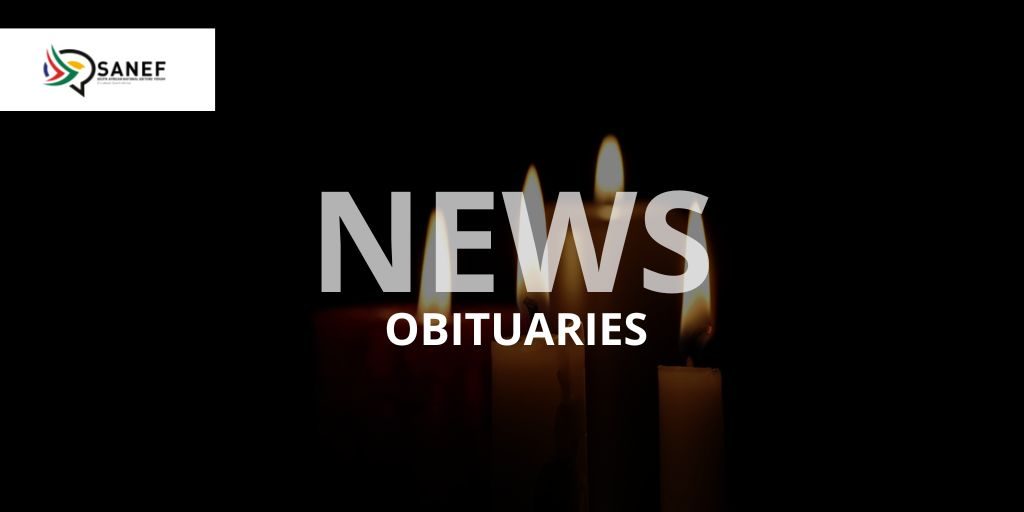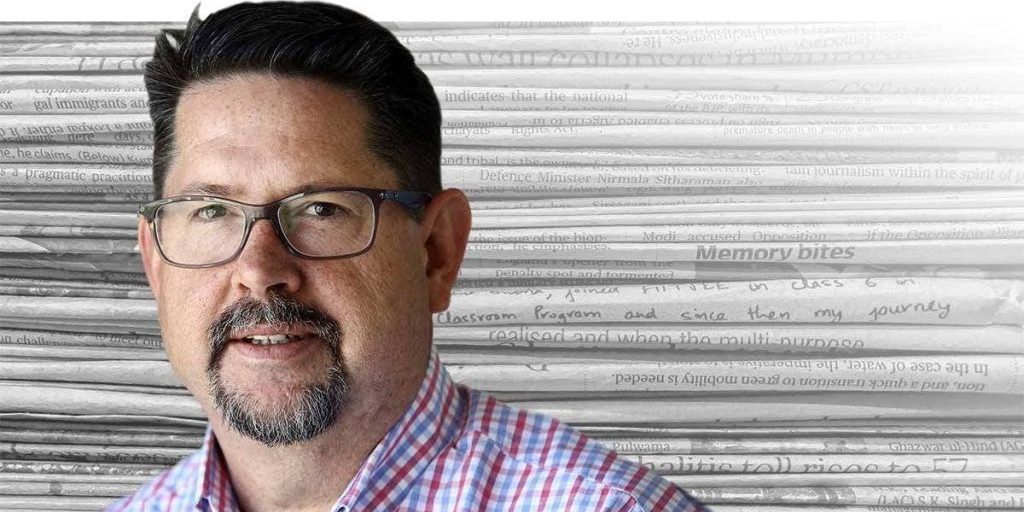Government Has Misled Public About Media Role in Mandela Coverage
Government has misled Public about Media Role in Mandela Coverage
Local and international journalists have expressed disappointment at the way the government has sought to deceive the public about the conduct of the media in covering Nelson Mandela’s most recent hospitalization.
Senior government representatives have sought to justify misleading statements about the circumstances surrounding Mr. Mandela’s whereabouts on the basis of irresponsible conduct by print and broadcast news organisations. Nothing could be further from the truth.
In fact, top editors and media executives have been working closely with government on a confidential protocol for providing news about Madiba’s health while protecting his privacy and that of his family.
The arrangements were captured in a document that was drawn up after Mr. Mandela’s hospitalisation in February this year, after discussions which were described at the time by both media and government representatives as an “unprecedented” trust building exercise that would provide a responsible and well-managed basis for providing information to the billions of people around the world who look to the media for news about a revered statesman.
Under the auspices of SANEF, news organisations including eNews, SABC, Eyewitness News, the Sunday Times, Independent Newspapers, the Mail & Guardian and the Foreign Correspondents Association worked on a media plan for Government over several months.
A media task team was formed on February 27th after a high level meeting between former Defence Minister Lindiwe Sisulu and the country’s top news editors. This task team met with GCIS (Government Communication and Information System) to refine the confidential plan until a final document was presented to Sisulu in June, when she verbally agreed to it.
The document outlined self-imposed rules in the form of a Code of Conduct that the media would abide by should Mr. Mandela be hospitalised in future.
While we have agreed not to publish the entire document we can reveal that the Code of Conduct included the following:
• Journalists being restricted to designated zones in the vicinity of the hospital.
• No media would attempt to gain access to the medical facility without permission.
• Any breach of the Code of Conduct would result in that media house being expelled and denied access in future.
• A commitment from the media to respect at all times Mr Mandela’s dignity and privacy.
• Acknowledgement by the media of security arrangements and restricted access being imposed at key locations.
• Commitment to respect Government embargoes on information relating to his health.
The document was forwarded to the Defence Ministry on June 5th 2012 for approval so that it could be distributed amongst SANEF members for signature.
However, despite indicating its acceptance and support of the protocol Government did not immediately sign-off on the agreement, and shortly after the final meeting, Lindiwe Sisulu was shuffled out of the Defence portfolio and moved to Public Service and Administration.
Since then the media has been told by GCIS (Government Communication and Information System) that the document must still be reviewed by current Defence Minister Nosiviwe Mapisa-Nqakula.
By the time Mr. Mandela was hospitalised again this month the agreement had still not been signed off.
“Government’s failure to work with the media on this is short sighted. We put rules on the table that took detailed account of their input, and said we’d work with them in a very responsible manner. Now there are no rules or restrictions that would punish unethical behaviour by a journalist or a particular news room. Government is creating the very environment it says it doesn’t want.” – Mondli Makhanya, AVUSA and SANEF Chair.
“What is remarkable about this process is that competing news organisations came together in the interests of Mr. Mandela’s privacy and dignity so that media coverage of his hospitalisation would be ethical, accurate and restrained. Despite our best efforts to work with the Government we have now been demonised in public and misled. Rather than build trust it has now been eroded.” – Patrick Conroy, eNCA.
“The media has been very restrained this time around. In fact we have been very mindful of our Code of Conduct even though the authorities have ignored it. We don’t want to be at his bedside, we’re saying we are happy to be behind a police cordon several blocks away.” Katy Katopodis , EWN.
“Nelson Mandela is a global figure. When he is unwell the entire world is anxious about his well-being. Regular news updates that provide a basic level of information about his condition and the love and support he is receiving are important to billions of people, and prevent a climate of rumours and speculation” – Nic Dawes, M&G.
“Even the international media was prepared to co-operate on this. Our audiences also have a keen interest in Mr. Mandela and have a profoundly deep respect for him.” – Kim Norgaard, FCA Chair and CNN Africa Bureau Chief.
Issued by the SA National Editors’ Forum (SANEF)





